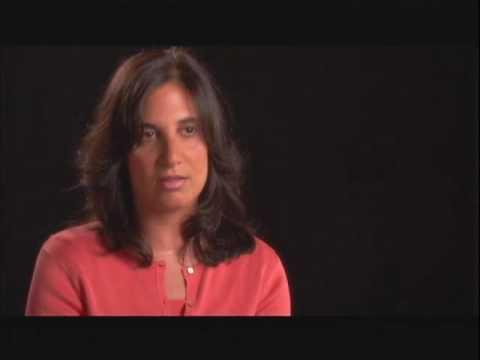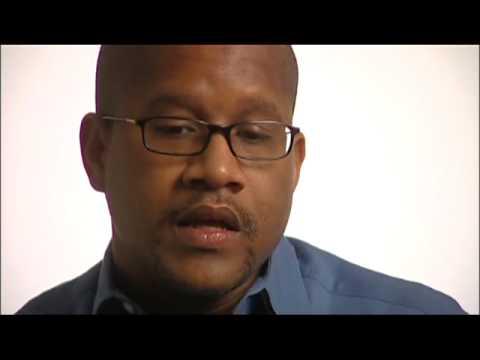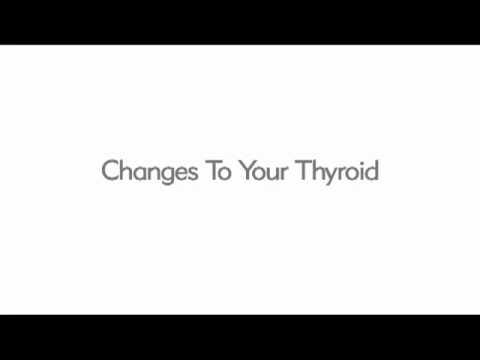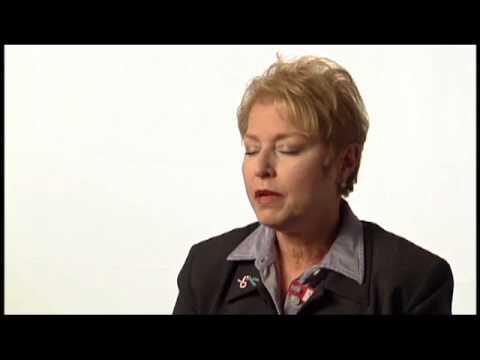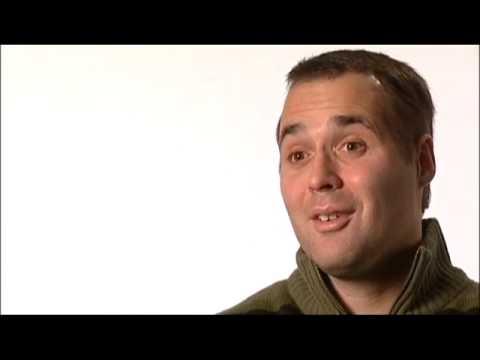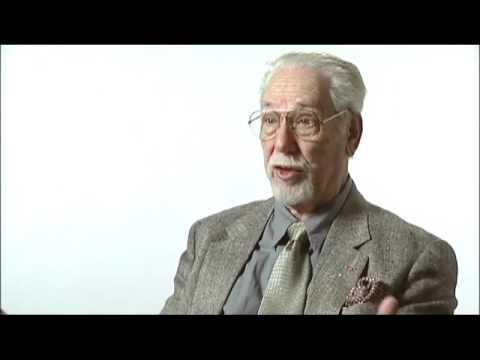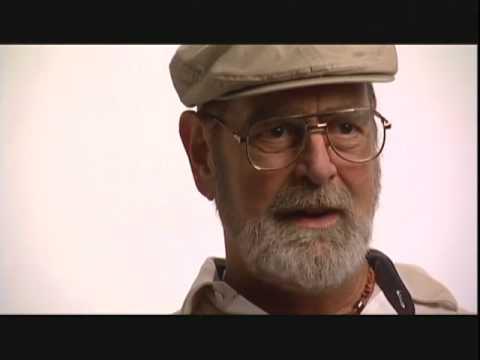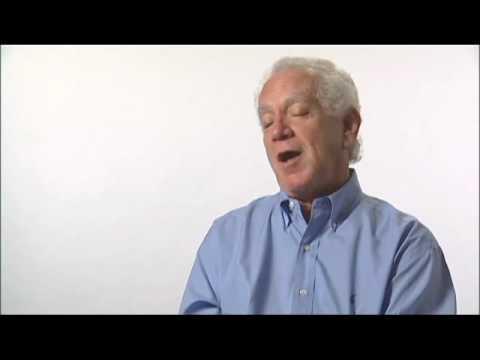Kelly L.
My twin sister, Lori, had breast cancer since 1999 and passed away in 2004.
When you’re at the age of 30, you don’t think about cancer. She had a pain under her left arm and thought it was something she did in the gym working out. I was telling her, “I’m sure it’s no big deal.” She went to the doctor, and they found a little lump. He said to keep an eye on it, so she did. She found out within two-and-a-half months that the lump had grown, and it was definitely cancer.
My mom was very involved during her treatment. She’s an R.N. I was kind of in the background, living my life in Louisville. And then ironically, I had a great opportunity. My company switched gears and began work in medical oncology. I kept seeing these CT scans of patients with liver metastases. I said, “Did you ever get a CT scan?” And she said, “No. They’ve never really given me one. I always get checks of the brain, the bones. But breast cancer doesn’t traditionally metastasize to the liver.” I’m like, “I don’t know about that. It’s really bothering me. Please just get a CT.” This was after remission, about two-and-a-half years out.
By then, she’d gotten married and life was good. I had a really bad feeling the day that she was diagnosed with her recurrence because, at that time, I’d been in my career about nine months and I had seen so much stuff. She was living away from me, which was horrible for me as a twin sister, to not be able to be there with her, and for her to call me and say, “They found it in my liver and the bones.” After a few more weeks, it was in the brain, and eventually in her ovaries.
By that second diagnosis, I knew we had a serious fight on our hands. That last four-and-a-half years of my life had been consumed with, “How do we get rid of this cancer?” And with my day job, you think about it during the day, you think about it at night. Eventually, I gave up the day job because I would rather have been a caregiver. I was so lucky that I had doctors I could call and say, “What should we do here?” But not everybody has that option.
As an identical twin, I was in shock, obviously. After it set in, it was, “Okay. What do I do with this information?” I have to make sure I know what genetic tests are out there. We were tested. We have the same polymorphism on the same breast but neither of us has a breast cancer gene. For me, it was putting all my options in front of me, talking to doctors very bluntly. I talked to her medical oncologist as if I was a patient. I said, “What do you think? What do you see from the information gathered so far that I should do to be proactive and not just reactive?” So it’s always doing a self-breast check. That’s the biggest thing. Mammograms are not the end-all, be-all unfortunately. There are lots of other technology screens out there, like digital mammograms.
Lori’s love for cycling and her desire to say, “I want to live life the way I want to live it,” meant getting back on a bike. Once she found tumors in her femurs, she had to deal with the bone mets and the intentional breakage. She didn’t have to have it done, but she went ahead and had rods put in her femurs, which induced, unfortunately, a whole cascade of issues relating to her liver metastases. She had the surgery in June. Her ovaries were taken out in July the year before. From that point forward, we dealt with a lot of issues that eventually went to palliative measure. She was a very proud person, in a way where there’s certain care issues she didn’t want to discuss. You never let go of the “hope” word.
The biggest thing is really for people to be open-minded about palliative care. There was a hospital bed brought in for Lori. It was easier for her to get up and move around. Lori was very active with getting Procrit and things that would help her. Zometa would help her strengthen her bones. As far as palliative care goes, I think that it is a big area for any cancer patient.
Hospice was a godsend because they were able to break things down, and talk about what you need to do, and how you need to prepare. But more or less, just to make her comfortable. I was so lucky that I had my mother, father, and my brother-in-law. We were all in the same house for almost two months giving her care at different levels. Hospice allowed our family to be on the same page. It allowed somebody from a neutral setting to come to our house and talk about the realistic issues that were at hand, and not make one of us feel like we were throwing in the towel before the other person was. They are experts. They do this every day, all day long. They’re a special group of people that can actually take on this kind of situation and talk about it in such an open forum, and not make it feel daunting or uncomfortable. I think Lori realized at that time that there were lots of things going on. It was just important to have them there, for her peace of mind, and ours as well. They educate you. They help you understand what you should do to give the person that you love a little relief from the pain. And just for yourself to get a break. When someone is there who is clinically sound in nature, and you need to step back from it, you can take a break and go out of the house or do something.
I would like to see more issues brought to the table about how young people handle death. Lori was a fighter, so for her to give up, that was one of those things where you just don’t talk about it. She didn’t talk about wills. She made mention one time about not being able to be with her husband, and that’s the part that you just don’t want to deal with. But I would like to see young survivors have more options and be able to realize that it’s not one of those things that you don’t talk about just because you’re young. Unfortunately, it’s a part of life.
Hope was everything that we had. The things the Lance Armstrong Foundation did for her as far as a positive mental attitude. To have the opportunity to be on a poster with the hero that she adored in cycling and in cancer survivorship was hope. We took it to another level, locally, by raising money for her for the LAF. She always had an arsenal of friends at the LAF. She knew that everyone cared for her and supported her. It’s just so nice to have that. There’s power in numbers.
I am just so excited about being a part of Livestrong™ Day because I think advocacy took on an important role the minute that I knew that Lori was diagnosed. It’s a vehicle for me to talk about something that I feel so strongly about. It gives me the ability to take information to people that effect and form the laws in the state in which I live. My sister, Lori, was here almost a year ago for Livestrong Day. I remember when she was asked to be a part of this, she was so excited. When I found out the opportunity arose for me this year to apply and to be a part of it, I immediately jumped on it. I’m here during Livestrong Day talking about the things I know that we’ve discussed over the last year. And really taking Lori’s story and just continuing it to another paragraph. I know the things that she felt so strongly about, and I think I can make a big difference in talking about those things on Livestrong Day. And getting the ears of the people that can take these issues and go forward the next year, and make a difference, and see what next year can bring too.
All I can hope for is that they listen to what my sister said last year, what I’m saying this year, and realize that cancer survivorship is an important and serious issue. It needs to be addressed. They’ve already been diagnosed with such a horrible thing, why do you make it so much harder on them just to get care and to understand their options? If I could track them between now, this year and next year and see some things change, I would be very excited.
A friend of mine and I, along with about 20 other volunteers at this point, have started the Sunshine Ride. It’s the first annual ride and will be in southern Indiana. It will be filled with a day of music and festivities. It’s like a mini Ride for the Roses. The money is going to a local children’s hospital with a pediatric oncology unit. I want people to realize that cancer survivorship, even on a child’s level, is so important. The Ride has given us a focus in which to reiterate what LAF has done for Lori and what it can do for cancer survivors. And for me, it’s taking what Lori would have done if she was here and going forward, taking one person at a time, getting them to realize the potential they have to be a survivor.
My name is Kelly Lenfert, and my twin sister, Lori, had breast cancer.
